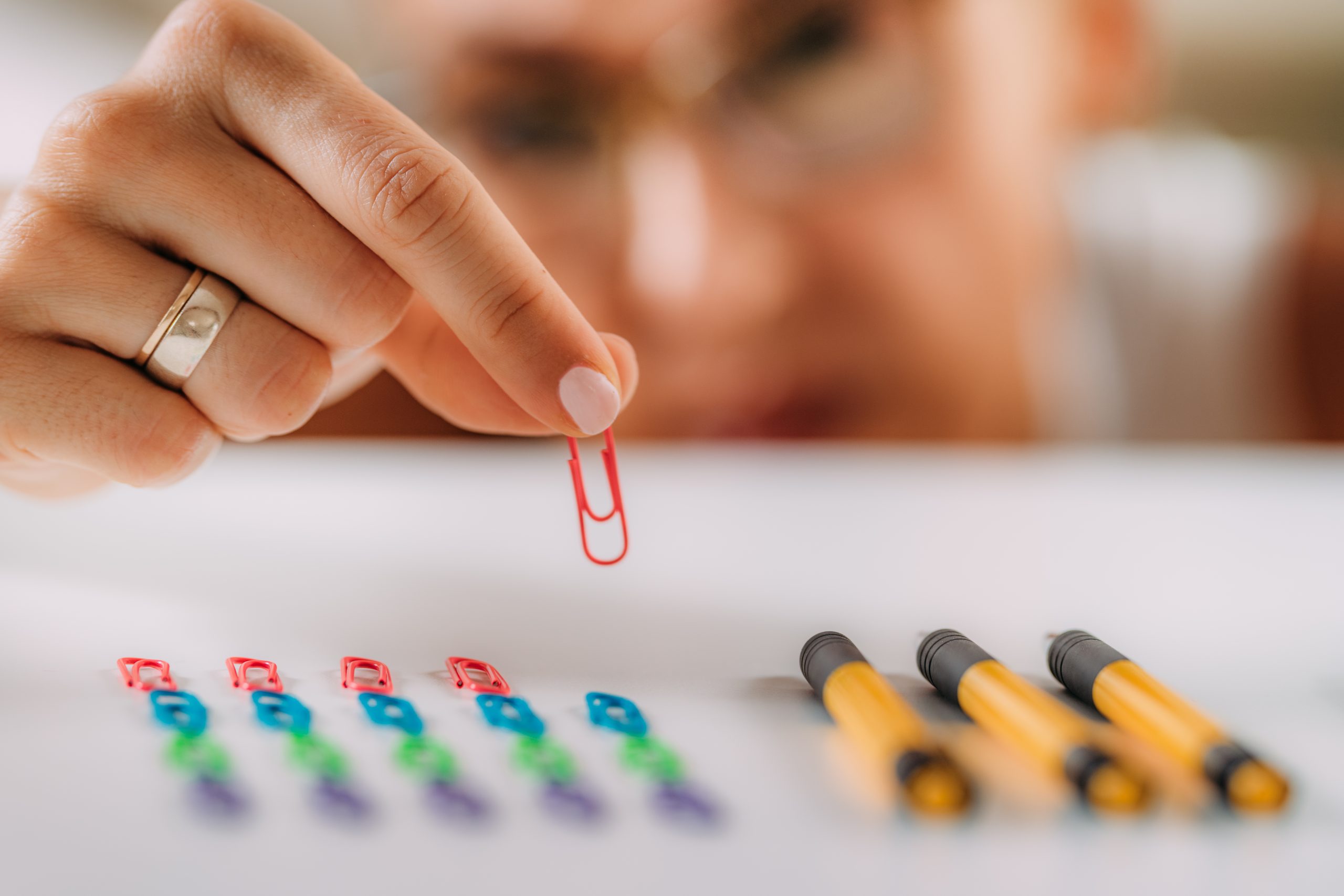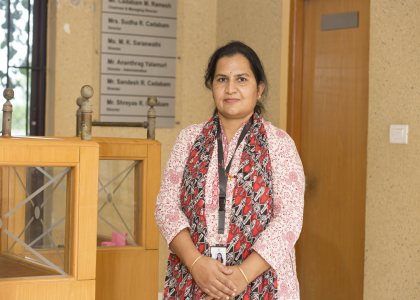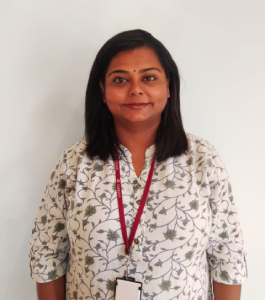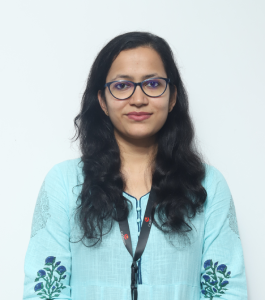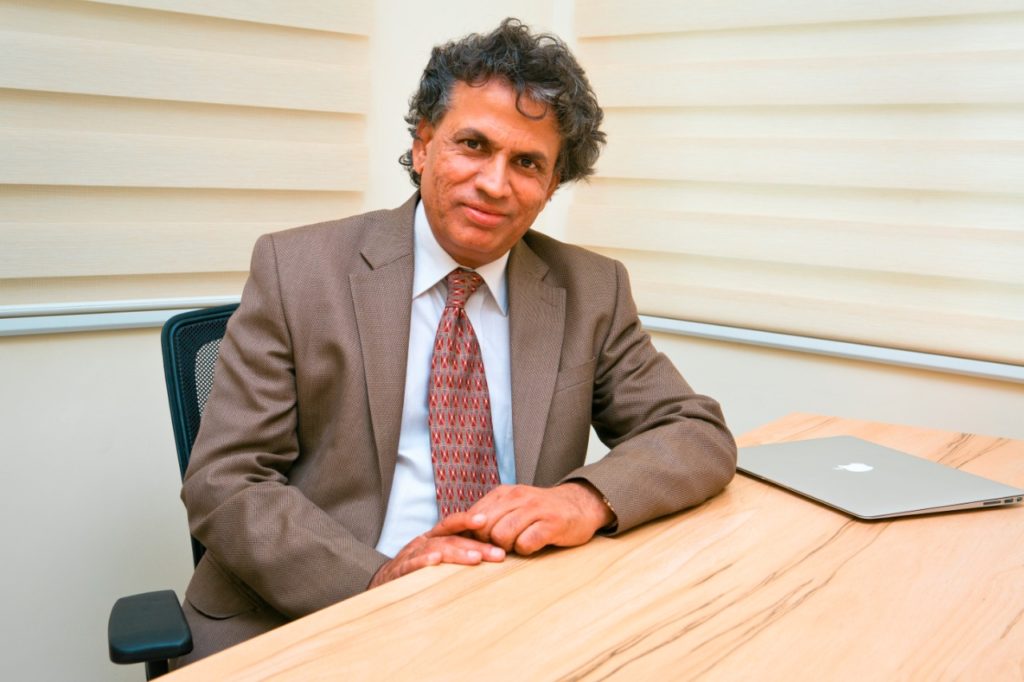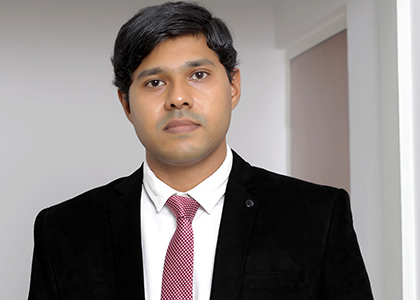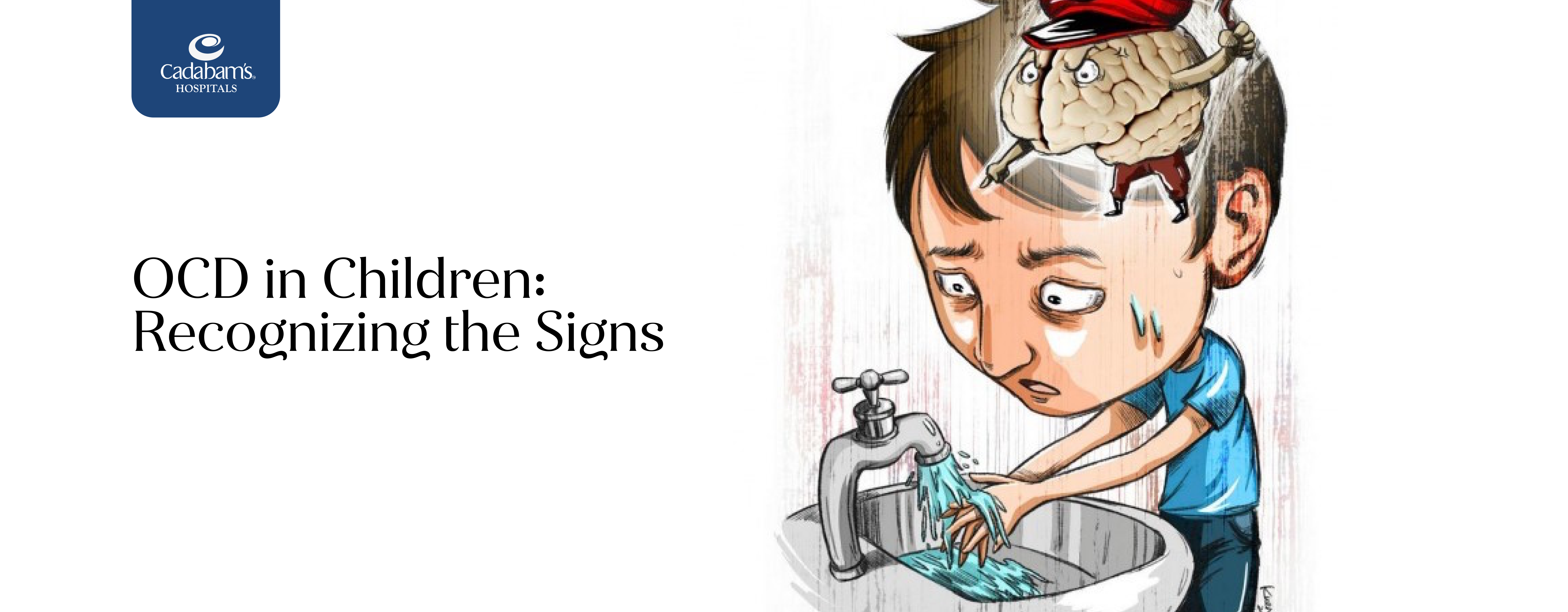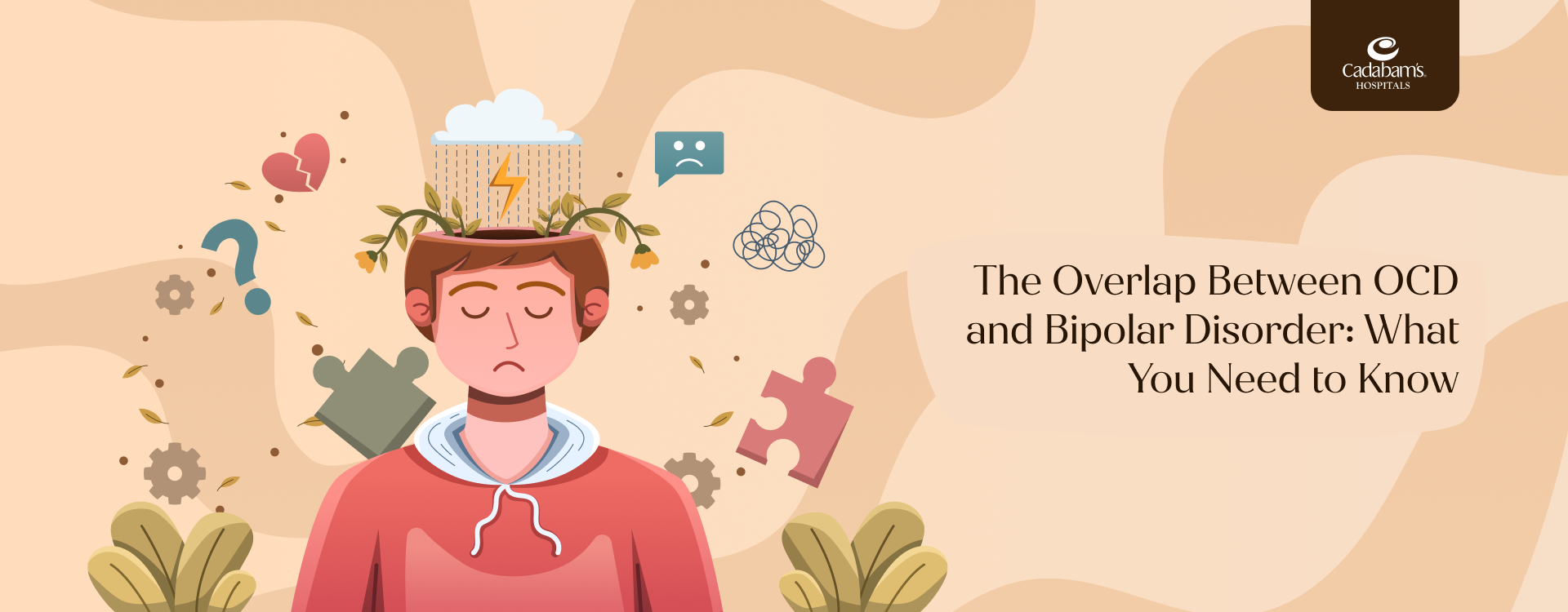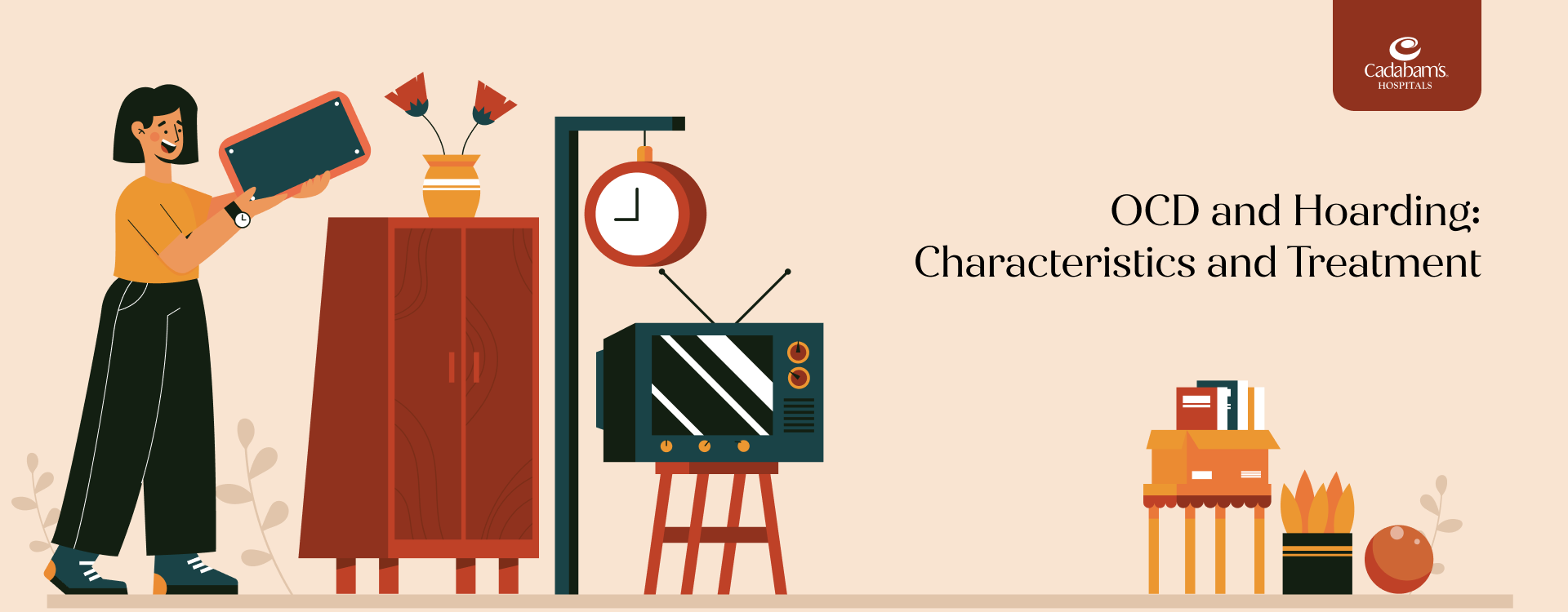Top Post-Rehab Care Programs for OCD in Bangalore
Obsessive Compulsive Disorder (OCD) is characterized by intrusive thoughts or images (obsessions) and compulsive mental or physical behaviours (compulsions) which can cause an individual with the disorder a lot of distress and hamper their day-to-day living. A person can choose to get treatment by meeting relevant professionals regularly for appointments on an outpatient basis, or choose to be part of a rehabilitation care in case they find their symptoms difficult to manage and would benefit from a structured environment with constant professional support. However, even after the person has completed the rehabilitation program and has recovered, they would still continue to need professional support in order to continue managing their symptoms and keep reducing their intensity. We offer post rehabilitation care for OCD in Bangalore. We have a holistic approach to treatment and have psychiatrists, psychologists, family therapists, and other professionals who come together to make a treatment plan for your loved one with OCD in order to help them maintain and sustain their recovery.
28+ Years Professional Experience
4.5 564 Google reviews
Cadabam's Hospitals
No.280, 15th Cross,5th Phase,
JP Nagar,Bangalore-560 078,India
Cadabam's Hospitals
90,Padmashree Gardens,Gowlidoddi,
Gachibowli,Hyderabad,
Telangana 500075, India
Get In Touch!
At Cadabam's, we've always got your back.
What People Say

Very happy with the facilities provided here. We are extremely grateful to Dr Vishal for his treatment and guidance. I liked the fact that he is very mindful of side-effects while prescribing medicines. Very good doctor and a very good hospital. Highly recommend.
Nithin Gopinath

Though we landed at wee hours of the night, doctors attended in time and we received professional treatment by all including hospital staff.

Excellent hospital and excellent doctors. They listen to you very patiently, do a thorough ore check before starting the treatment which inspires a lot of confidence. Dr. Madhukar is one of the best doctors I’ve met so far.
Narasimha Prasad

Very good cleanliness, disciplined, well behaved, good patience while handeling patient & their relations, good service overall excellent environment.

A good hospital for any kind of psychiatric problems. Very good and courteous staffs and well known doctors.
Anant Modi

Coordinated well I am very satisfied, very good, spent quality time with doctors & further treatment.

I visit Cadabam along with my wife to consult Dr. V. Khasi. We found the Staff very professional and polite with patients. We recommend Cadabam for anyone who requests us for the services available at Cadabam.
Sudarsan Barakman

I visit Cadabam along with my wife to consult Dr. V. Khasi. We found the Staff very professional and polite with patients. We recommend Cadabam for anyone who requests us for the services available at Cadabam.

Coordinated well I am very satisfied, very good, spent quality time with doctors & further treatment.

A good hospital for any kind of psychiatric problems. Very good and courteous staffs and well known doctors.
Anant Modi

Very good cleanliness, disciplined, well behaved, good patience while handeling patient & their relations, good service overall excellent environment.

Excellent hospital and excellent doctors. They listen to you very patiently, do a thorough ore check before starting the treatment which inspires a lot of confidence. Dr. Madhukar is one of the best doctors I’ve met so far.
Narasimha Prasad

Though we landed at wee hours of the night, doctors attended in time and we received professional treatment by all including hospital staff.

Very happy with the facilities provided here. We are extremely grateful to Dr Vishal for his treatment and guidance. I liked the fact that he is very mindful of side-effects while prescribing medicines. Very good doctor and a very good hospital. Highly recommend.
 Available
Available
